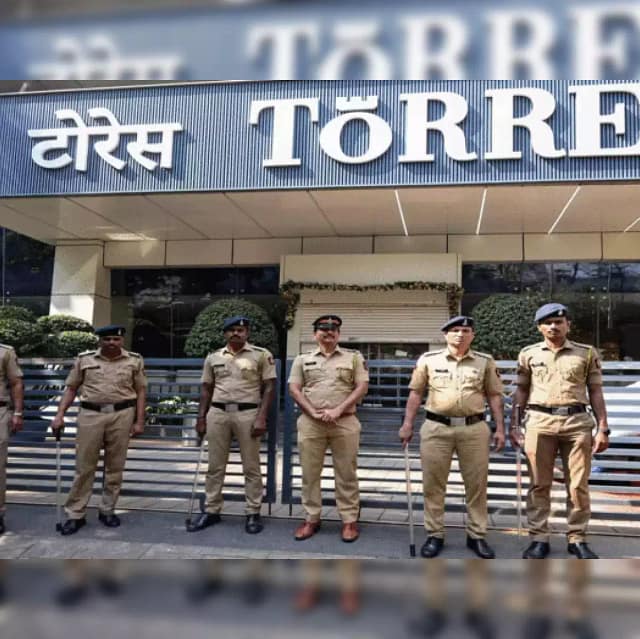Former Bangladeshi Prime Minister Sheikh Hasina ’s unexpected departure from her country has sparked diplomatic unease and raised questions about her current status. Fleeing escalating violence in Bangladesh, Hasina landed in India on August 5, seeking refuge amidst a political storm back home. Reports indicate she has been residing in a secure Lutyens’ bungalow in New Delhi, safeguarded by tight security arrangements provided by the Indian government.
Hasina’s asylum status remains unclarified, with the Indian government only confirming that Sheikh Hasina requested temporary shelter. Her diplomatic passport has since been revoked by Dhaka, and Bangladesh’s International Crimes Tribunal has issued an arrest warrant for her, citing charges against her and 45 others. The extradition demands from Bangladesh, however, are complicated by a clause in the India-Bangladesh extradition treaty, which allows for refusal if charges are deemed “political.”
The situation has significantly strained relations between India and Bangladesh. Dhaka has persistently urged for her return to face trial, highlighting its stance on upholding justice and accountability. However, India’s silence on her official status has added ambiguity to the matter, further fueling tensions between the two neighboring nations. The controversy is rooted in long-standing political complexities and raises critical questions about regional diplomacy, national security, and international law. Bangladesh views her refuge in India as a challenge to bilateral trust, while India appears to be carefully navigating the situation to avoid escalating the conflict. Meanwhile, the unfolding diplomatic negotiations will play a crucial role in determining the outcome, as both countries aim to safeguard their national interests while maintaining regional cooperation. This case underscores the intricate balance required in geopolitics, where domestic legal issues can have significant international ramifications, testing diplomatic relations and political strategies.



















